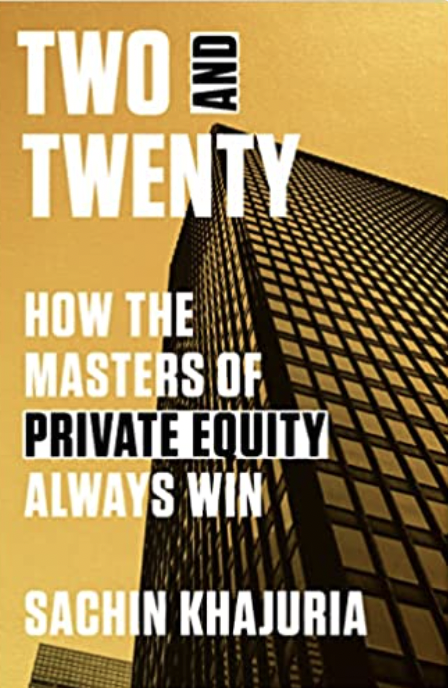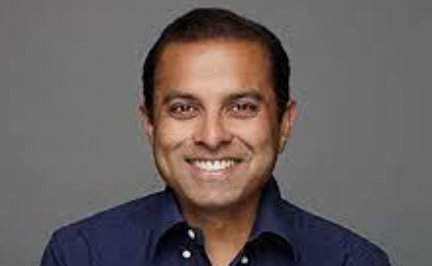
The success of Private Equity


Private equity was once an investment niche, but today the wealth controlled by its leading firms surpasses the GDP of some nations. Private equity has overtaken investment banking- and well-known names like Goldman Sachs and Morgan Stanley as the premier destination for ambitious financial talent, as well as the investment dollars of some of the world’s largest pension funds, sovereign wealth funds, and endowments. Private equity has succeeded in near stealth until now.
Sachin Khajuria, a former partner at Apollo, one of the largest and most voracious buyout companies, unravels the complexities of the 12tn industry, and how the secret investment companies firms buy companies and saddle them with debt and then flog them, making the small group of insiders (rather than investors) bagging an outsize share of the take, in How the Masters of Private Equity Always Win. He gives readers an unprecedented view inside this opaque global economic engine, which plays a pivotal role in underpinning our retirement systems. Khajuria brings the traits, culture, and temperament of the industry’s leading practitioners to life through a series of vivid and unvarnished deal sketches and examines the mindset that drives the world’s most aggressive financial animals to consistently deliver market-beating returns.
The way private equity firms are remunerated for their services, a 2 per cent annual management fee, and 20 per cent of the profits of any realised investment, as the funds they manage have grown massively in recent years. According to Khajuria Private equity firms’ “masters” are providing a vital service to society as the returns they make accrue to a substantial extent to the retirees of tomorrow. “The financial rewards for insiders are essential to incentivise the people who make this system work,” he writes. Khajuria uses a series of fictionalised sketches, some of which are based on his own experience, not real data and examples. The manufactured evidence is then used to support his claims.
In one, which involves an investment in the pharmaceutical industry, the idea hinges around buying up unloved old pharmaceuticals and jacking up their prices. The book also takes about private equity’s willingness to shoulder risks during market reserves, and write cheques when conventional investors are fleeing. “In a volatile market, private equity is one of the last hopes investors have, It is more expensive and opaque than other forms of investing, but it works,” Khajuria writes.
Private equity funds don’t need to return investors ‘ money until the fund eventually cashes up years down the line. And while those locked-in funds are periodically valued, the valuers are accountants hir, ed by private equity bosses. The result is a lack of volatility, and most investments are small, high leveraged companies.
Khajuria also looks at the indispensability of capital to pension funds. “Mom and Pop investors”, who have previously been barred from direct participation in private equity firms. But the real beneficiaries would be the private equity firms themselves, In 2019, the private equity giant Blackstone revealed that its buyout business made a profit of around $500 million simply on management fees alone. Khajuria locates private equity’s edge in what he calls “ the library” – sensitive data and knowledge on companies across swaths of the economy held by the main buyout firms. The buyout chiefs are driven by meritocrats overseeing a financial mechanism that skillfully balances self-enrichment with the public good. The “masters” are wise and would never abuse a conflict of interest. “ In private equity, capitalism has perfected a version of the virtuous circle”.
Two and Twenty: How the Masters of Private Equity Always Win by Sachin Khajuria, Currency £22.50, 27
